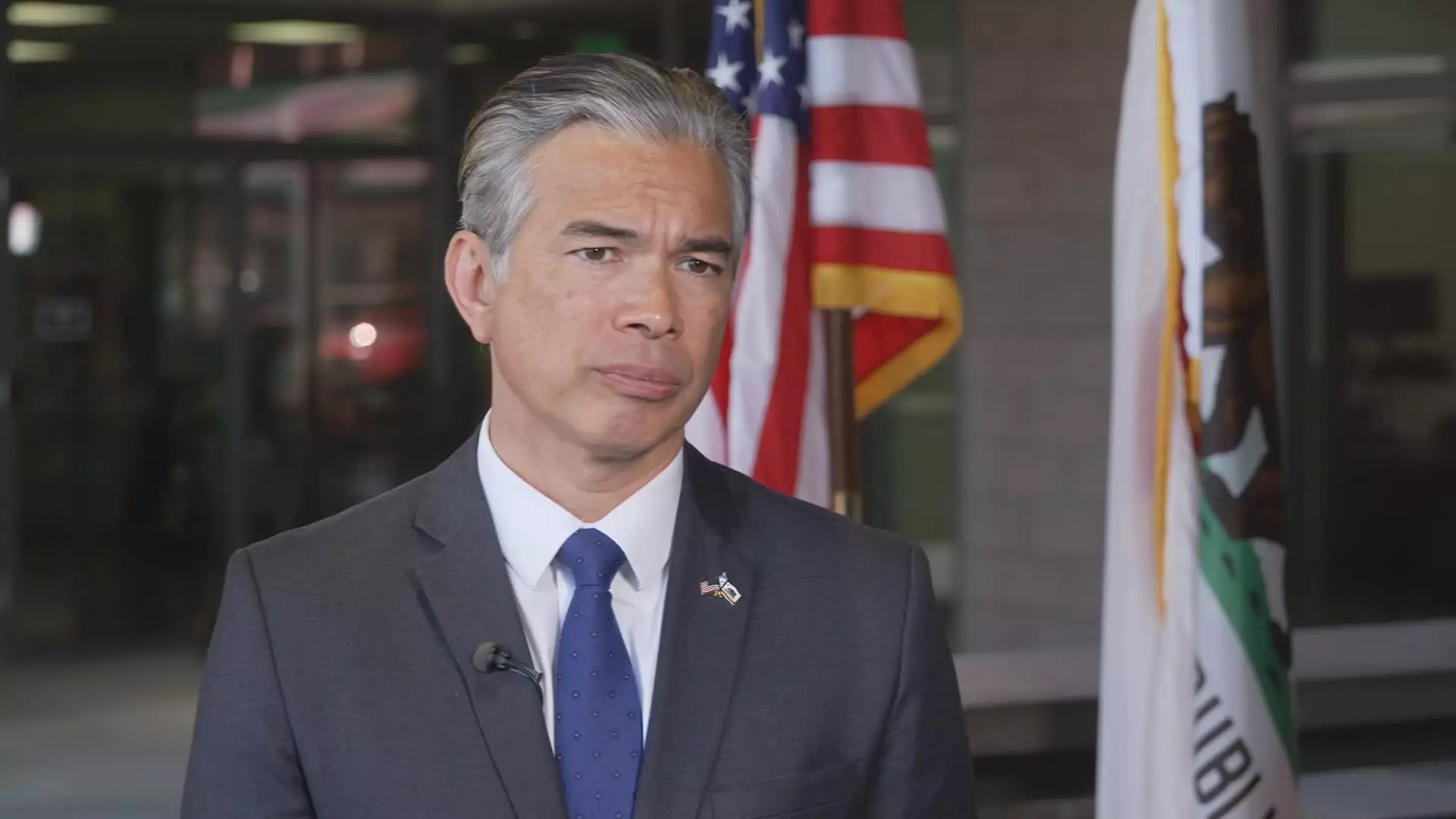In a recent letter addressed to the CEOs of major tech companies such as Alphabet, Meta, and Microsoft, California Attorney General Rob Bonta emphasized the critical need for these companies to take action in protecting voters from deception, intimidation, and dissuasion. With millions of Californians relying on social media and artificial intelligence services for information about upcoming elections, Bonta stressed the importance of ensuring that these platforms are not misused to deceive voters about their constitutional right to vote.
Bonta’s letter highlighted specific sections of California law that prohibit interference with voting rights by disseminating misleading information about voting locations and times, as well as by employing intimidation tactics. Furthermore, California state law mandates that within 60 days of an election, it is illegal to distribute materially deceptive audio or visual media of a candidate with the intent to harm their reputation or deceive voters.
The call for action comes in response to recent incidents involving the dissemination of fake images and information about political figures, such as the controversy surrounding pop icon Taylor Swift’s endorsement of Kamala Harris for president. Swift publicly condemned the circulation of AI-generated images falsely claiming she had endorsed Donald Trump, which Trump himself shared on his Truth Social platform. Similarly, Elon Musk, owner of X, shared an AI-generated image depicting Harris as a communist dictator, fueling further misinformation and controversy.
Role of Technology in Misleading Content Creation
The advancements in technology, particularly in the realm of artificial intelligence, have made it easier for individuals to create and disseminate fake images and misinformation. Platforms like Google’s Gemini, OpenAI’s Dall-E and Chat GPT, Microsoft Copilot, and Musk’s xAI have enabled users to rapidly generate images and text in response to prompts. The recent release of xAI’s Grok-2, which seemingly has fewer limitations on creating fake images, raises concerns about the potential for further misuse.
The letter from California Attorney General Rob Bonta serves as a stark reminder of the responsibility that tech companies hold in safeguarding the electoral process and protecting voters from misinformation and deception. As advancements in technology continue to evolve, it is imperative that robust measures are implemented to prevent the misuse of these platforms for nefarious purposes. Only by working together can we ensure the integrity of our democratic institutions and the right of every citizen to vote freely and without interference.


Leave a Reply
You must be logged in to post a comment.